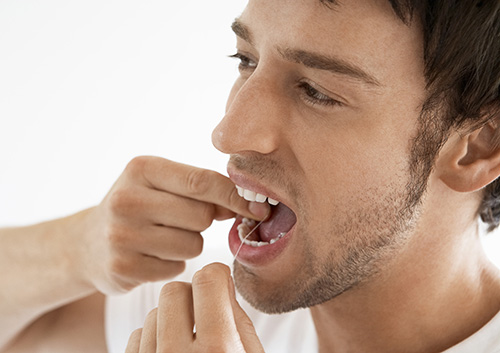Dermal Fillers
August 5th, 2020

We want you to be happy with your smile, and we’ve worked with you to make sure your teeth are their healthiest and brightest. But there is more to your smile than teeth alone! If you are concerned about smile lines, lip lines, thinner lips, or other signs of aging, talk to us. Dermal fillers might be just the solution you are looking for to provide the ideal frame for your beautiful smile.
- What can dermal fillers do for you?
As we age, we start losing the substances in our skin that keep it firm and wrinkle-free. Collagen is the protein that gives our skin structure and the ability to both stretch and snap back. Hyaluronic acid, while we don’t hear as much about it, is actually one of the most important keys to youthful skin. This compound not only attracts water, but binds it to our cells, leaving the skin plump and smooth. But over time, collagen starts to break down and lose its elasticity, and our bodies produce less hyaluronic acid.
These biological changes have noticeable effects on our faces. Permanent lines are visible between the corners of our noses and lips, small wrinkles develop above the mouth, and our lips may appear both wrinkled and thinner. A face-lift can tighten the skin and facial muscles, and neurotoxins such as Botox can prevent facial muscles from wrinkling. But these procedures can’t replace lost volume. A filler, on the other hand, actually provides the fullness the face and lips may have lost for a more youthful and natural appearance.
- How do dermal fillers work?
There are a variety of fillers available, both natural and synthetic. Dermal fillers are minimally invasive and injected under the skin’s surface. They plump lines and wrinkles, restore volume to the lips, and can reduce acne scarring or other scars by filling depressed spots in the skin. Most fillers are temporary, and designed to be safely absorbed by your body over time.
What are some common concerns about dermal fillers?
- Are they safe?
We only use approved dermal fillers, and are trained in the safe use and application of this treatment. We will describe the procedure in detail, so you will know what to expect and how to care for yourself afterward, and explain any possible side effects (although these are rare). If you are pregnant, breastfeeding, have any allergies or other health conditions, or have dental work scheduled in the near future, let Dr. Meuselbach know.
- Are they effective?
We can discuss any concerns you have about specific facial conditions and what you would like to accomplish. We tell you if you are a good candidate for dermal fillers, and how they can provide you with a more youthful—and natural—appearance. Because dermal fillers are generally absorbable and temporary, the results usually last from six months to a year.
If you want your smile to look more youthful, if you’d like fuller lips, if you’d like to reduce wrinkling around the face and mouth—give our West Chester office a call! Because working together, we can make the most of your beautiful smile.



